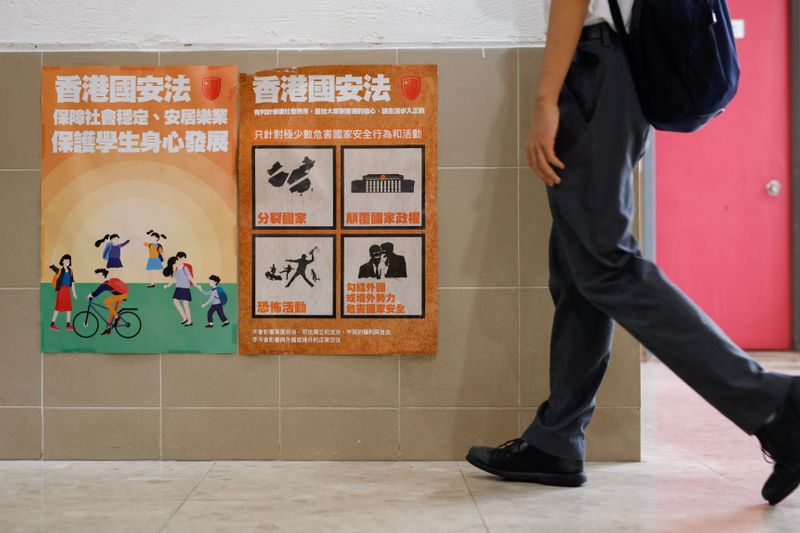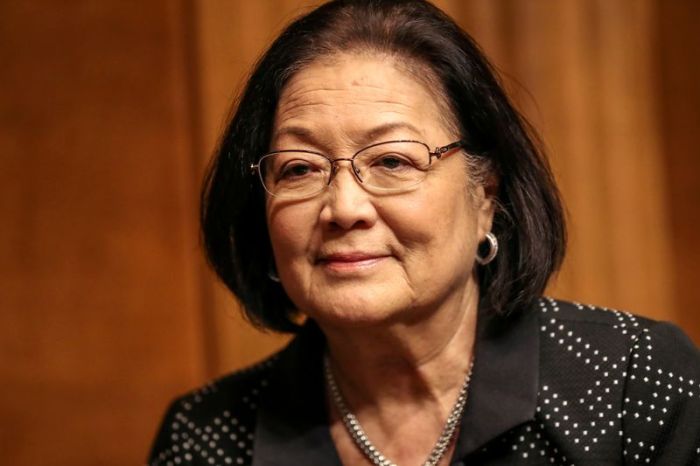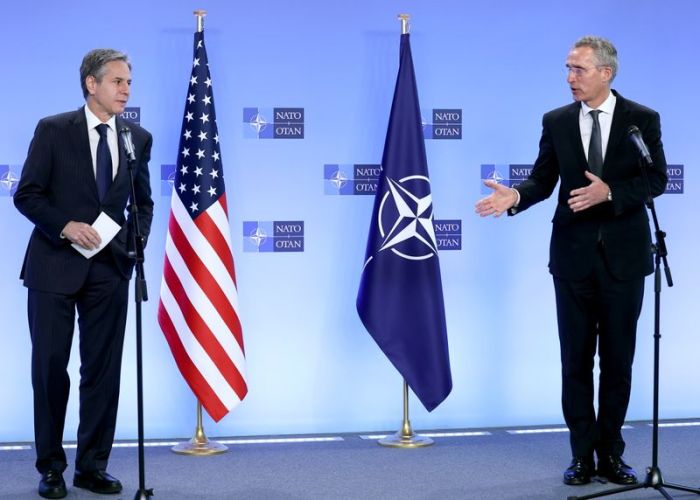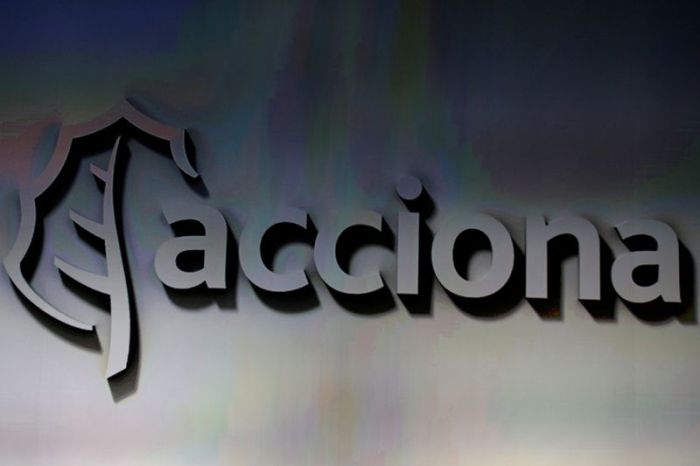HONG KONG (Reuters) – Beijing’s top representative in Hong Kong warned foreign powers on Thursday that they would be taught a lesson if they tried to use the global financial centre as a “pawn”, as tensions escalated between China and Western governments over the city.
Luo Huining, the director at China’s Hong Kong Liaison Office, was speaking at a ceremony to mark an “education day” for the National Security law, which authorities have organised to promote the sweeping legislation China imposed last year.
“We will give a lesson to all foreign forces which intend to use Hong Kong as a pawn,” Luo said.
The new law drew criticism from the West for curbing rights and freedoms in the former British colony, which was promised a high degree of autonomy upon its 1997 return to Chinese rule. Its supporters say the law has restored order following mass anti-government and anti-China protests in 2019.
China, the United States, Britain and the European Union have traded sanctions over the past year as the security law and measures taken to reduce democratic representation in the city’s institutions exacerbated tensions.
Earlier this week, a letter signed by more than 100 British politicians asked Boris Johnson’s government to expand a list of Chinese officials accused of “gross human rights abuses”.
National Security Education Day will be marked with school activities, games and shows, and a parade by police and other services performing the Chinese military’s “goose step” march.
The Chinese routine, in which troops keep their legs rigidly straight when lifting them off the ground and arms swing at a 90-degree angle in front of the chest, will replace British-style foot drills at a parade of police and other forces.
A booth set up at the Hong Kong Police College was selling key-rings reading “Warning tear smoke” and stickers reading “Disperse or we fire”, replicas of police banners which were common sights during the 2019 protests.
‘SUPPORT! SUPPORT! SUPPORT!’
Elsewhere, in schools and cultural centres, Hong Kong residents were invited to build national security “mosaic walls” to instil, according to a government website, the idea that people should work together to protect their homeland.
Stickers and bookmarks reading “Uphold National Security, Safeguard our Home” have been delivered to schools and kindergartens.
At the Wong Cho Bau Secondary School in the city, students gathered for a flag-raising ceremony.
“As a Chinese person, as Hong Kong people, what we need to do is to be prepared, and exert ourselves, for the country,” headmaster Hui Chun Lung told students.
Hui stressed the “stability” the security law brought to the city, before a two minute video showing different students expressing support for the legislation.
Students then lined up to stick “wish cards” on a mosaic wall.
“Supporting the national security law is not an issue. Support! Support! Support! I hope we can be one with the mainland,” wrote one student.
In February, Hong Kong unveiled national security education guidelines that include teaching students as young as six about colluding with foreign forces, terrorism, secession and subversion – the four main crimes in the new law.
Chinese officials have partly blamed liberal studies for the restlessness of the city’s youth.
The school curriculum changes and the promotional campaigns are seen as signs that Beijing’s plans for the city go beyond quashing dissent and that it aim for a societal overhaul to bring it more in line with the Communist Party-ruled mainland.
(Additional reporting by Jessie Pang, Sharon Tam, Joyce Zhou and Aleksander Solum; Writing by Marius Zaharia; Editing by Stephen Coates and Raju Gopalakrishnan)

























